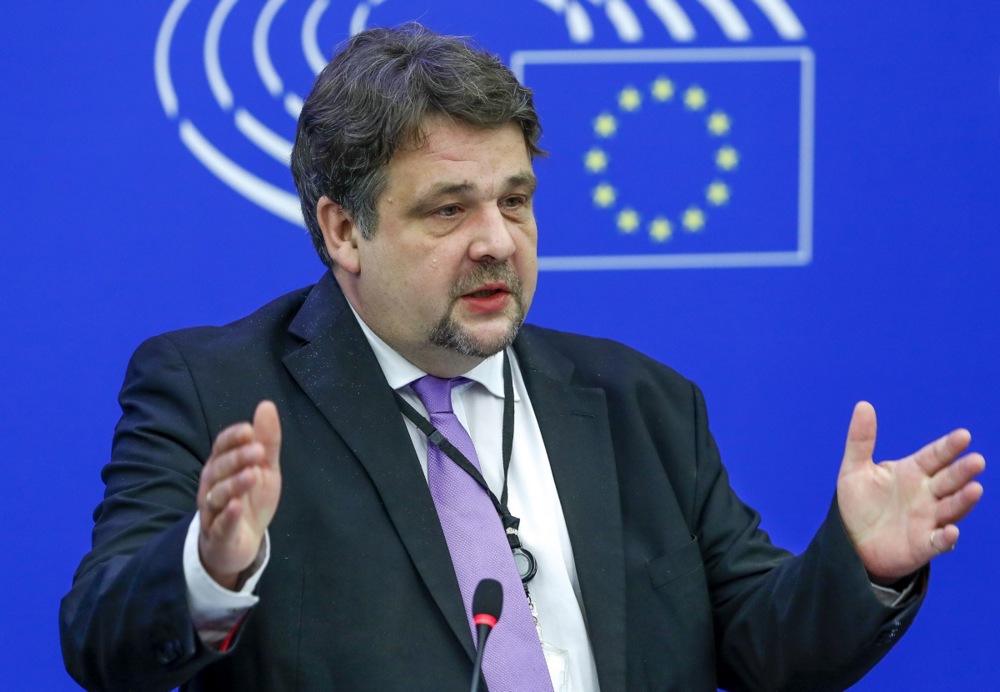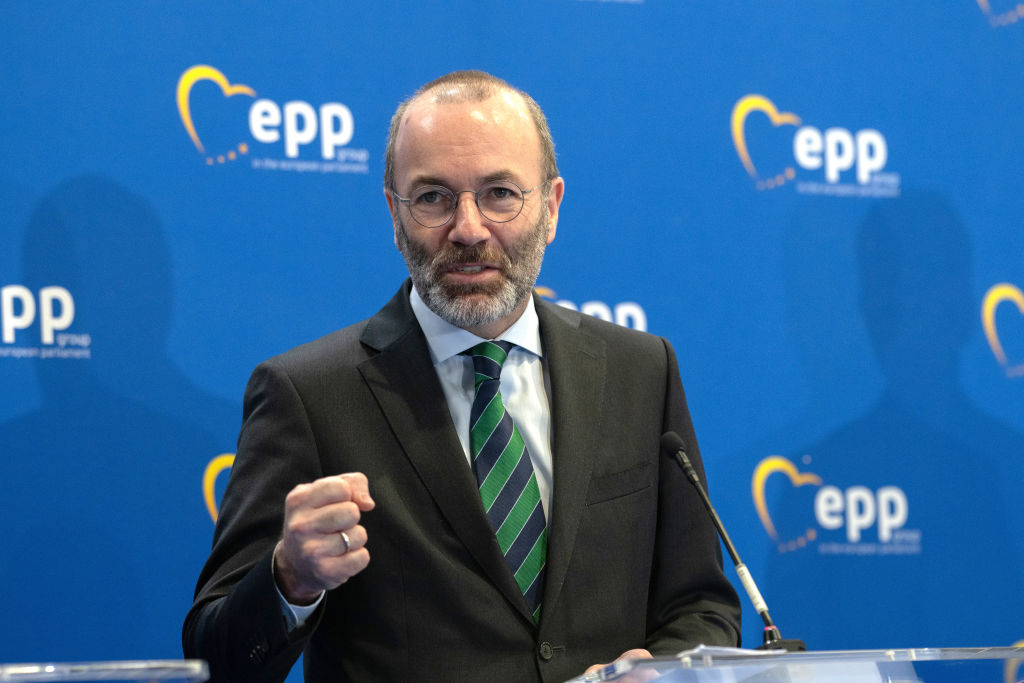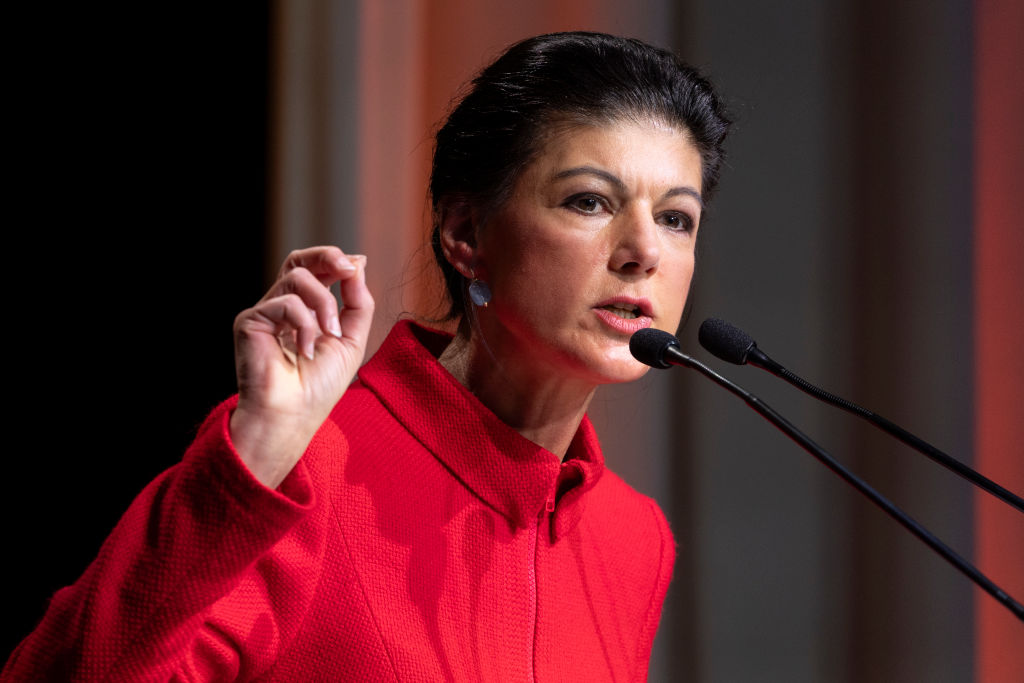A coalition involving the left-wing populist Sahra Wagenknecht Alliance (BSW) in Saxony would only be possible if the coalition agreement created a Covid amnesty and took a stance against deploying US missiles in Germany, warned the party’s leader.
Speaking amid talks between the BSW and the more establishment centre-right Christian Democratic Union (CDU) and centre-left Social Democratic Party (SPD), Wagenknecht insisted her newly-founded party was not interested in a “business as usual” attitude. It would only enter into a state coalition if its conditions were met.
“It is about the state governments representing what the vast majority of people in the East want,” she told Germany’s Hanover-based RND network.
“If the others do not really want to move, then our mandate from the voters is to be the opposition.”
This would mean any state government containing the BSW must take a clear position against stationing US medium-range missiles on German territory, Wagenknecht said.
“This should be included in the preamble to the coalition agreement… above all the state government should publicly represent this position,” she said, adding that her party wanted a “broad debate in Germany” on the issue.
Another key element would be a blanket Covid-era prosecution amnesty for lockdown-related crimes. All further court cases on the topic must stop and those who had been forced to pay fines must have the fines refunded, Wagenknecht said.
“There are still ongoing proceedings. Stopping them immediately would be the first step,” she said.
Saxony must also “not forget those who were convicted and paid fines for violating dubious rules,” and look to compensate and exonerate them, too, she said.
Negotiations to build Right-Left coalition governments in eastern Germany could possibly “moderate” the policies of the populist Sahra Wagenknecht Alliance, senior Christian Democratic Union MEP Peter Liese told Brussels Signal in an exclusive interview. https://t.co/U53aJHhavW
— Brussels Signal (@brusselssignal) September 4, 2024
Wagenknecht’s call for an amnesty in Saxony is said to be controversial.
Her prospective partners in the SPD and CDU established some of Germany’s strictest lockdown rules in the state during the Covid-19 pandemic.
The party was also drawing attacks from the populist-right Alternative for Germany (AfD).
The AfD expressed anger at the actions of BSW politicians during the recent opening plenary of the Thuringian state parliament.
Having held elections alongside Saxony on September 1, Thuringia returned an AfD plurality to the parliament, though Germany’s ongoing cordon sanitaire against them meant the party was unlikely to be able to form a government.
Instead, the CDU looked likely to build a coalition with the BSW and SPD.
To reach a majority in the chamber, that arrangement would also require the cooperation of the hard-left Die Linke, in some type of confidence and supply deal.
A deal of that sort would be controversial due to historic links both the BSW and Die Linke had to the now-defunct Communist party that formerly ruled East Germany.
Those tensions erupted into open conflict in the Thuringian parliament on September 26. The body failed even to elect a parliament president — roughly equivalent to house speaker — as proceedings descended into a shouting match.
The CDU, BSW, and SPD blamed the chaos on the AfD, arguing the uproar proved the populist-right party was trying to undermine parliamentary democracy.
AfD parliamentarians hit back with similar claims, arguing its rivals were trying to throw out decades of legal rulings and historical precedence to undermine its electoral win.
A group of 40 German Christian Democratic Union politicians have expressed opposition to co-operating with the hard-left populist party of Sahra Wagenknecht over what they see as its Russian-friendly stance. https://t.co/wegalQCbaF
— Brussels Signal (@brusselssignal) September 4, 2024





